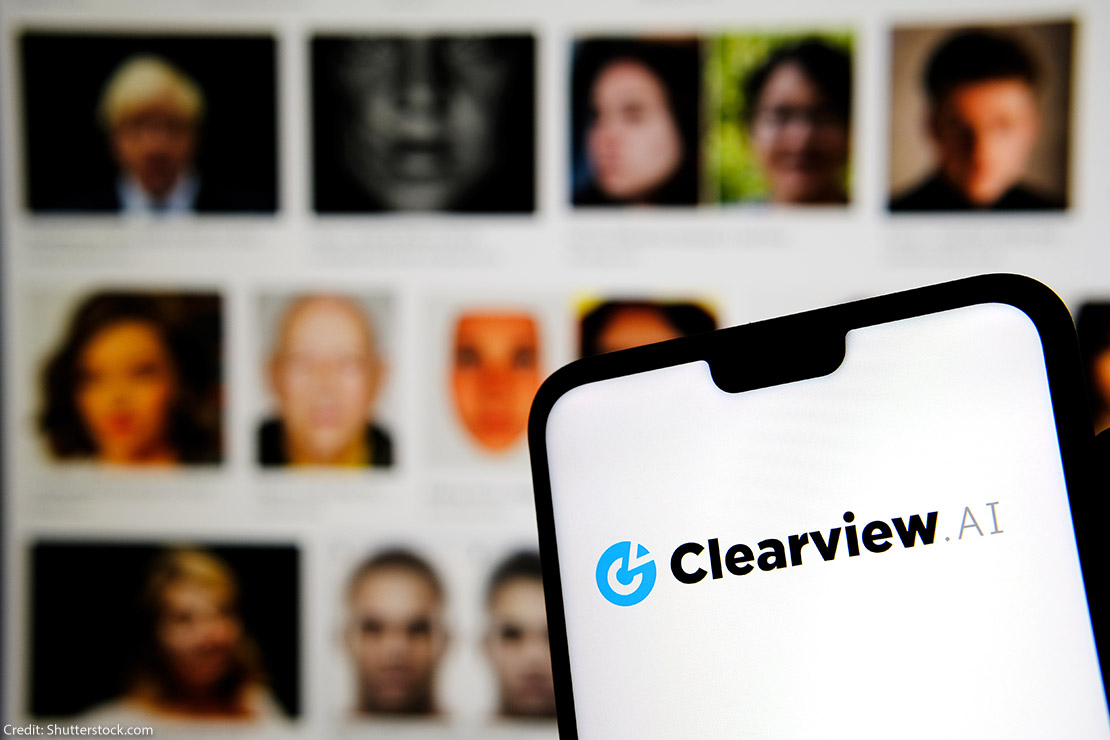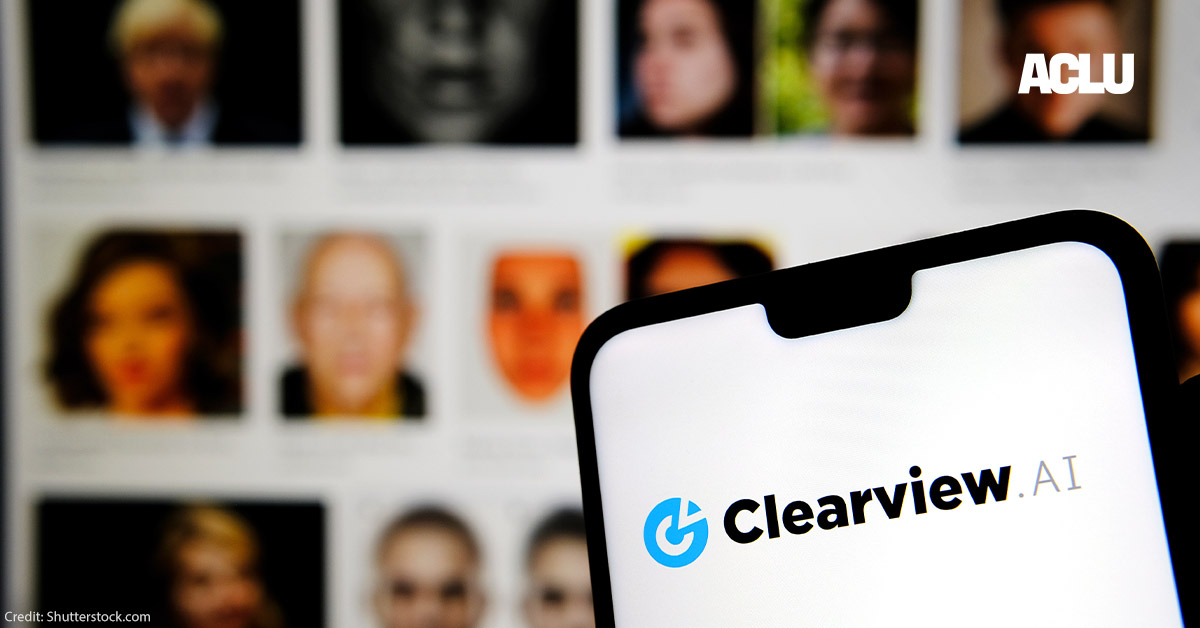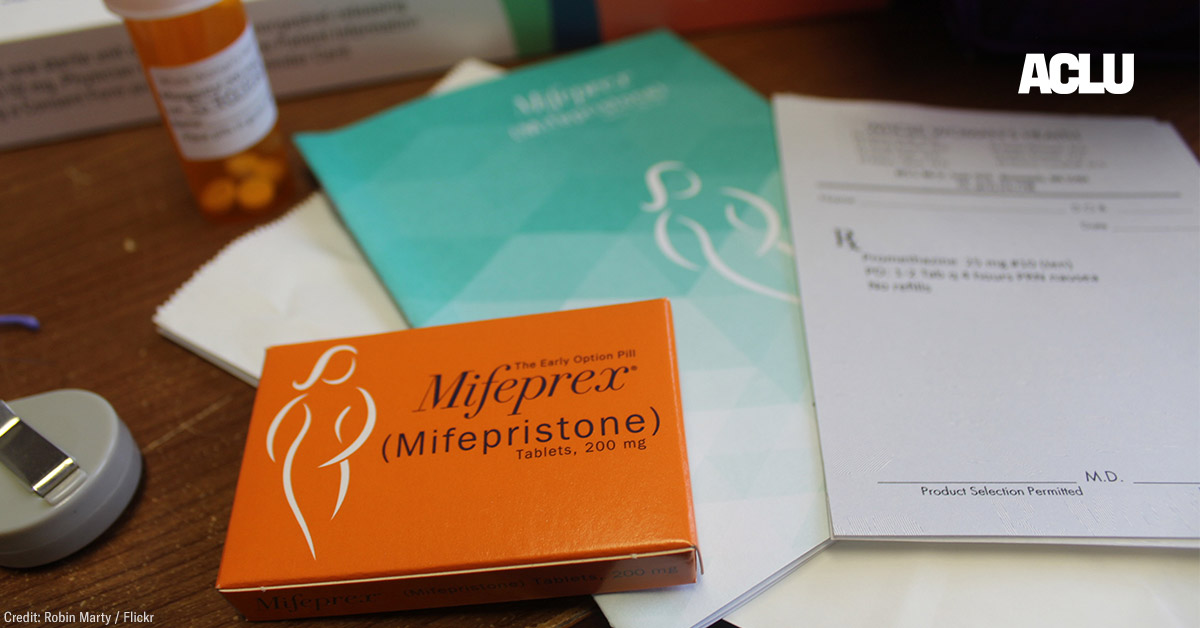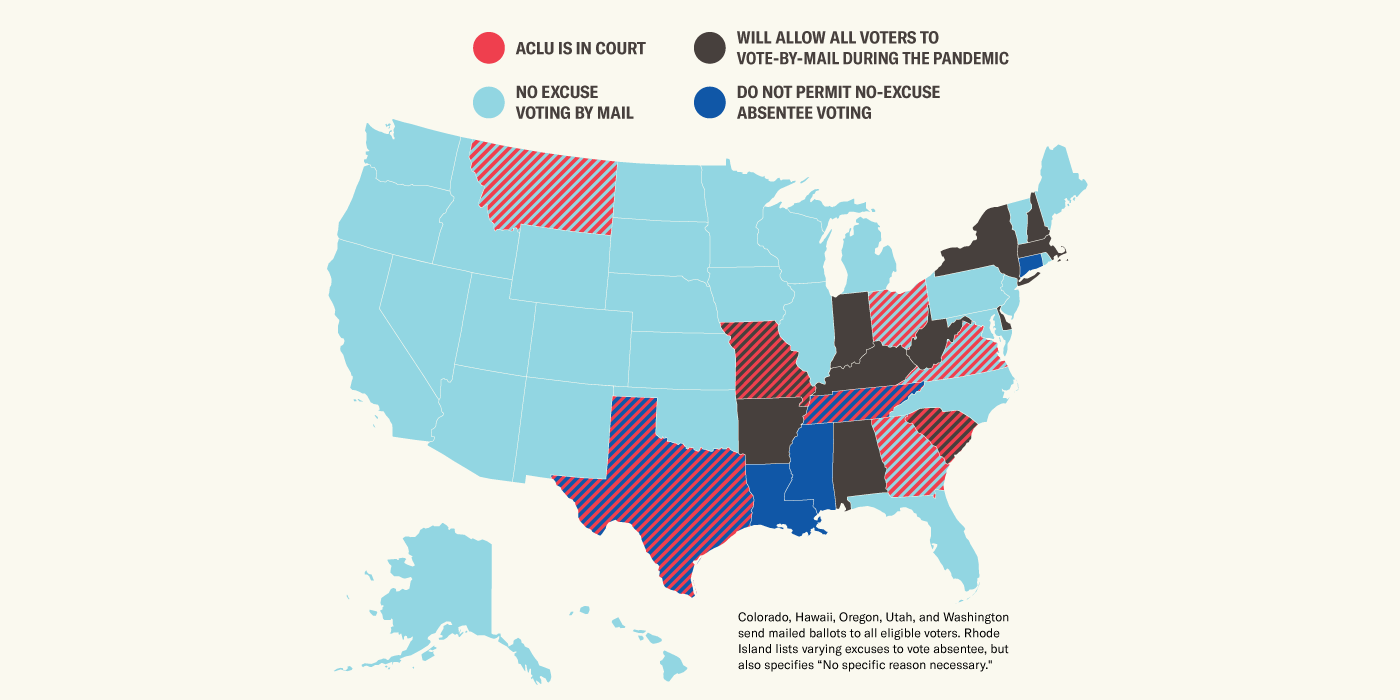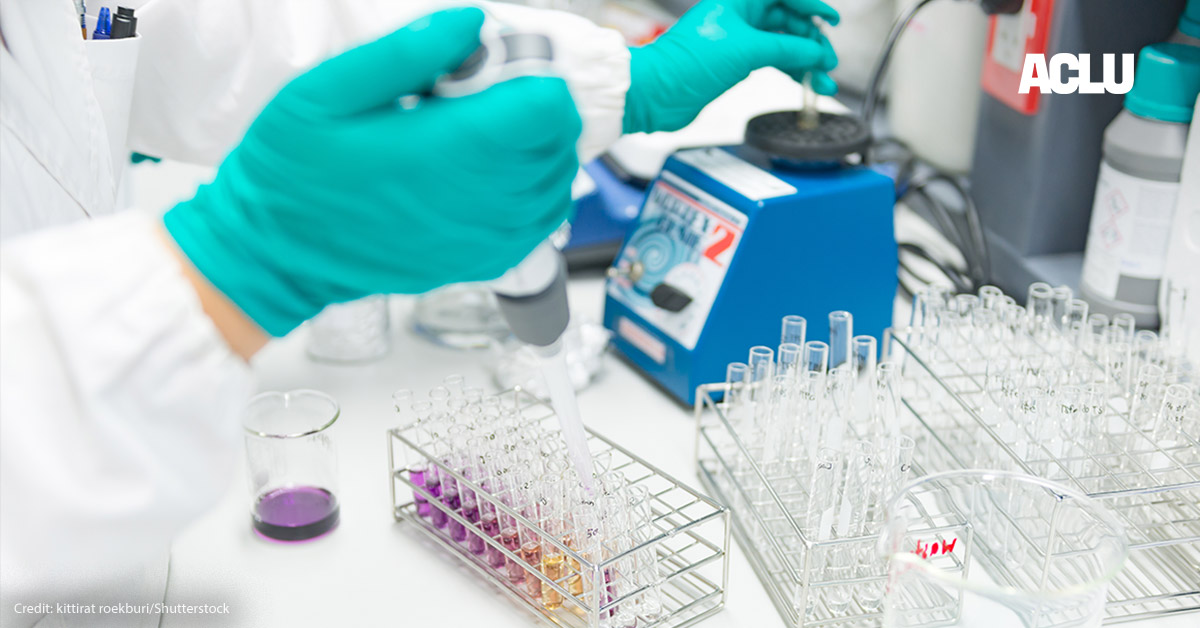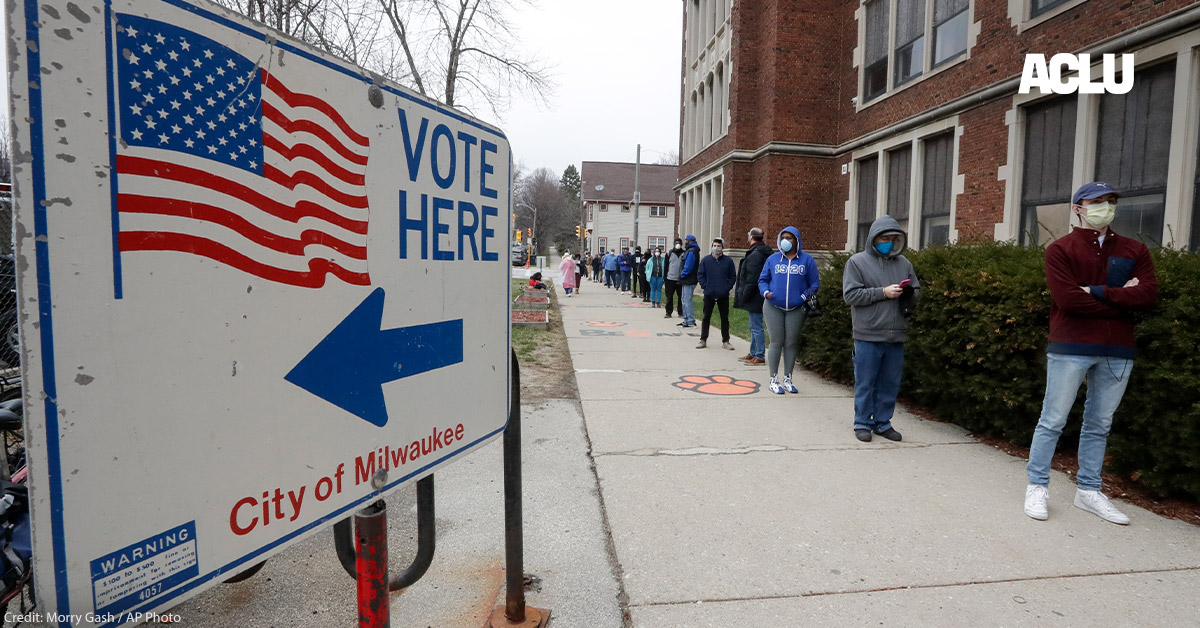By Nathan Freed Wessler, ACLU Staff Attorney
For several years, a little-known start-up based in New York has been amassing a database of billions of our faceprints — unique biometric identifiers akin to a fingerprint or DNA profile — drawn from personal photos on our social media accounts and elsewhere online. The company has captured these faceprints in secret, without our knowledge, much less our consent, using everything from casual selfies to photos of birthday parties, college graduations, weddings, and so much more.
Unbeknownst to the public, this company has offered up this massive faceprint database to private companies, police, federal agencies, and wealthy individuals, allowing them to secretly track and target whomever they wished using face recognition technology.
That company is Clearview AI, and it will end privacy as we know it if it isn’t stopped. We’re taking the company to court in Illinois today on behalf of organizations that represent survivors of sexual assault and domestic violence, undocumented immigrants, and other vulnerable communities. As the groups make clear, Clearview’s face surveillance activities violate the Illinois Biometric Information Privacy Act (BIPA), and represent an unprecedented threat to our security and safety.
Face recognition technology offers a surveillance capability unlike any other technology in the past. It makes it dangerously easy to identify and track us at protests, AA meetings, counseling sessions, political rallies, religious gatherings, and more. For our clients — organizations that serve survivors of domestic violence and sexual assault, undocumented immigrants, and people of color — this surveillance system is dangerous and even life-threatening. It empowers abusive ex-partners and serial harassers, exploitative companies, and ICE agents to track and target domestic violence and sexual assault survivors, undocumented immigrants, and other vulnerable communities.
By building a mass database of billions of faceprints without our knowledge or consent, Clearview has created the nightmare scenario that we’ve long feared, and has crossed the ethical bounds that many companies have refused to even attempt. Neither the United States government nor any American company is known to have ever compiled such a massive trove of biometrics.
Adding fuel to the fire, Clearview sells access to a smartphone app that allows its customers — and even those using the app on a trial basis — to upload a photo of an unknown person and instantaneously receive a set of matching photos.
Clearview’s actions clearly violate BIPA. The law requires companies that collect, capture, or obtain an Illinois resident’s biometric identifier — such as a fingerprint, faceprint, or iris scan — to first notify that individual and obtain their written consent. Clearview’s practices are exactly the threat to privacy that the legislature intended to address, and demonstrate why states across the country should adopt legal protections like the ones in Illinois.
In press statements, Clearview has tried to claim its actions are somehow protected by the First Amendment. Clearview is as free to look at online photos as anyone with an internet connection. But what it can’t do is capture our faceprints — uniquely identifying biometrics — from those photos without consent. That’s not speech; it’s conduct that the state of Illinois has a strong interest in regulating in order to protect its residents against abuse.
If allowed, Clearview will destroy our rights to anonymity and privacy — and the safety and security that both bring. People can change their names and addresses to shield their whereabouts and identities from individuals who seek to harm them, but they can’t change their faces.
That’s why we’re teaming up with lawyers at the ACLU of Illinois and the law firm of Edelson PC, a nationally recognized leader in consumer privacy litigation, to put a stop to Clearview’s egregious violations of privacy. We are asking an Illinois state court to order the company to delete faceprints gathered from Illinois residents without consent, and to stop capturing new faceprints unless it complies with the Illinois law.
There is a groundswell of opposition to face surveillance technology, and this litigation is the latest chapter in an intensifying fight to protect our privacy rights against the dangers of this menacing technology. Across the nation, the ACLU has been advocating for bans on police use of face recognition technology, leading to strong laws in places like Oakland, San Francisco, and Berkeley, California, and Springfield and Cambridge, Massachusetts, as well as a statewide prohibition on use of the technology on police body cams in California.
We won’t let companies like Clearview trample on our right to privacy.
Date
Thursday, May 28, 2020 - 11:00amFeatured image
